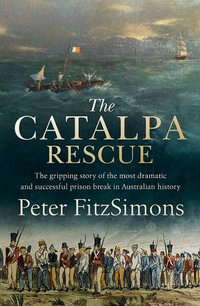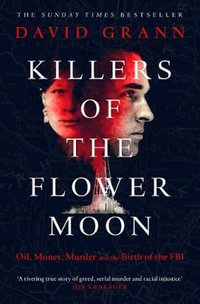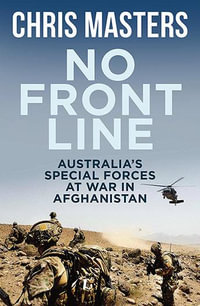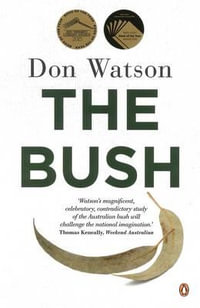Mixing idealism with violence, abolitionist John Brown cut a wide swath across the United States before winding up in Virginia, where he led an attack on the U.S. armory and arsenal at Harpers Ferry. Supported by a "provisional army" of 21 men, Brown hoped to rouse the slaves in Virginia to rebellion. But he was quickly captured and, after a short but stormy trial, hanged on December 2, 1859.
Brian McGinty provides the first comprehensive account of the trial, which raised important questions about jurisdiction, judicial fairness, and the nature of treason under the American constitutional system. After the jury returned its guilty verdict, an appeal was quickly disposed of, and the governor of Virginia refused to grant clemency. Brown met his death not as an enemy of the American people but as an enemy of Southern slaveholders.
Historians have long credited the Harpers Ferry raid with rousing the country to a fever pitch of sectionalism and accelerating the onset of the Civil War. McGinty sees Brown's trial, rather than his raid, as the real turning point in the struggle between North and South. If Brown had been killed in Harpers Ferry (as he nearly was), or condemned to death in a summary court-martial, his raid would have had little effect. Because he survived to stand trial before a Virginia judge and jury, and argue the case against slavery with an eloquence that reverberated around the world, he became a symbol of the struggle to abolish slavery and a martyr to the cause of freedom.
Industry Reviews
John Brown's Trial is an important book on an important subject. Brian McGinty's impressive research sheds much new light on a crucial--and previously underappreciated--event in American legal history. -- Steven Lubet, author of Murder in Tombstone: The Forgotten Trial of Wyatt Earp
There have been many books about John Brown, but none provides as comprehensive an account of the famous trial as does McGinty's. His well-written narrative is compelling and lucid. I especially appreciated his analysis of whether Brown received a fair trial. Here is another winner from the author of Lincoln and the Court. -- Frank J. Williams, former Chief Justice of the Rhode Island Supreme Court and founding chair of The Lincoln Forum
McGinty casts the spotlight on one of the great courtroom dramas of the nineteenth century, the trial of John Brown. This is Brown as we have never seen him before--not the martyr, nor the fanatic, but a man in complete control, who manages to transform his treason trial into a searing indictment of slavery in America. -- Thomas J. Craughwell, author of Stealing Lincoln's Body
You'd think little new could be said about one of the most famous trials in American history. But McGinty comes to his work as attorney as well as historian. The result is a fresh perspective on the trial of John Brown, a work that adds appreciably to our understanding of the coming of the Civil War. Brown's trial, after his 1859 attack on the federal arsenal in Harper's Ferry, Va., caused a sensation for its bold challenge to slavery...The author's legal knowledge illuminates the proceedings' intricacies and shortcomings, and reveals how Brown's brief closing statement, considered among the most eloquent words in the nation's history, had a more lasting impact than his armed raid. * Publishers Weekly *
McGinty has written an important account emphasizing Brown's trial rather than the raid itself as a significant turning point in the struggle between North and South prior to the Civil War. Recommended for all readers interested in the Civil War. -- Stephen L. Hupp * Library Journal *
[McGinty] so judiciously arrays the facts and law of the four-day trial in a Western Virginia courtroom, we are given a fresh perspective on the meaning of John Brown...McGinty's narrative is not confined to the trial and the legal issues of his argument. All the fascinating details are here, from Brown's background to the poetic legacy...Worth reading. -- Doug Cumming * Roanoke Times *
























